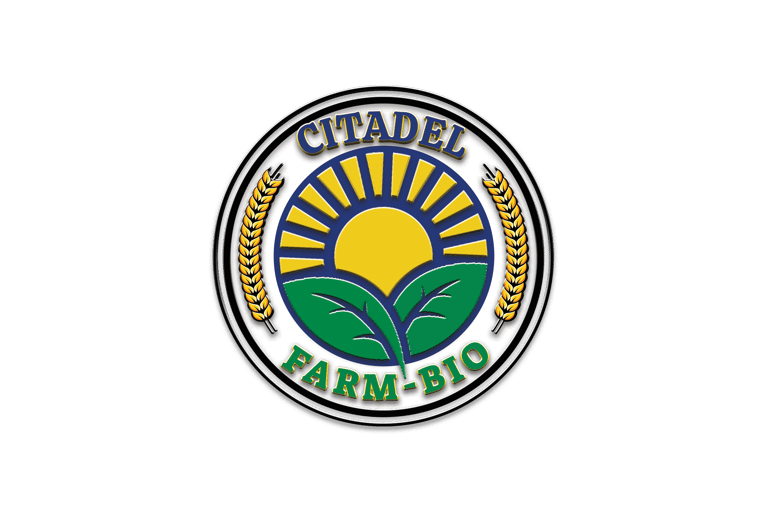
HAITI CHERIE
Unveiling Haiti's Rich Cultural Heritage and Natural Wealth
Haitian culture is a rich tapestry woven from African, French, Spanish, and indigenous Taíno influences. It is deeply rooted in traditions, music, art, and spirituality. Vodou, a religion originating from African beliefs, plays a significant role in daily life, alongside Catholicism and Protestantism. Haitian Creole and French are the main languages, reflecting the country's colonial past.
Haitian music, particularly Kompa and Rara, is vibrant, often expressing the resilience and struggles of the people. Art is another cornerstone, with Haitian paintings renowned for their vivid colors, symbolism, and social commentary. Festivals, such as Carnival, showcase the joyous spirit of Haiti, featuring parades, dances, and traditional costumes.
Haiti is rich in natural resources, including coffee, cocoa, mangoes, and castor oil. Despite financial hardships, Haiti's cultural wealth and sense of community remain a source of pride for its people, and there is ongoing potential for growth through sustainable development and the revival of local industries.
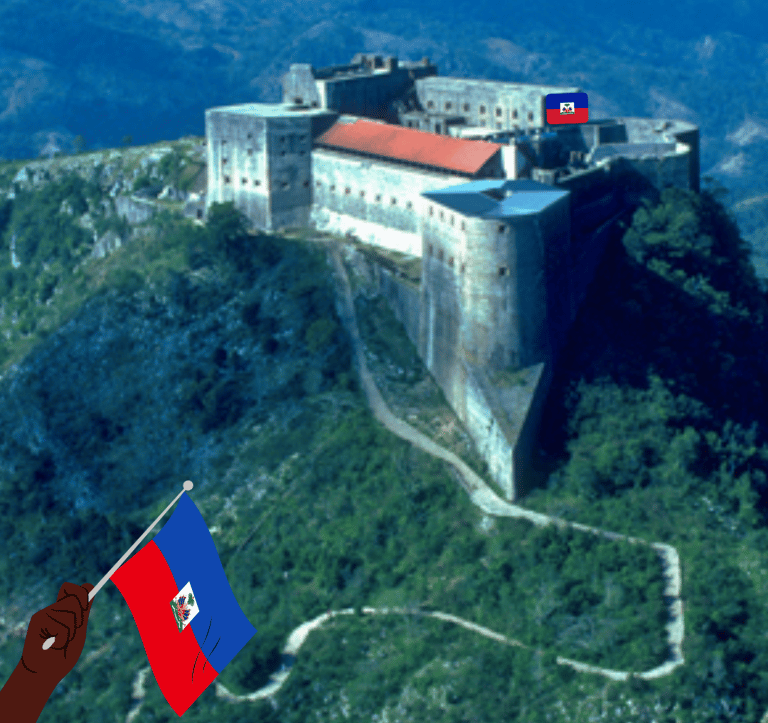

HAITI
The Citadelle Laferrière, often called the "Holiday Citadel" in Haiti, is a massive fortress located atop the Bonnet à l’Evêque mountain, near the town of Milot in northern Haiti. It was built between 1805 and 1820 by Haitian revolutionary leader Henri Christophe after Haiti gained independence from France in 1804. The fortress was designed to protect the newly independent nation from potential French invasions and symbolizes Haiti's resilience and fight for freedom.
Spanning about 108,000 square feet, the Citadelle is the largest fortress in the Americas, equipped with over 365 cannons. It could house up to 5,000 soldiers and store supplies to withstand long sieges. The Citadelle's strategic location and sheer size have made it an iconic symbol of Haiti’s strength and ingenuity. Recognized as a UNESCO World Heritage site in 1982, the fortress stands as a testament to Haiti's rich history and its enduring spirit of independence.
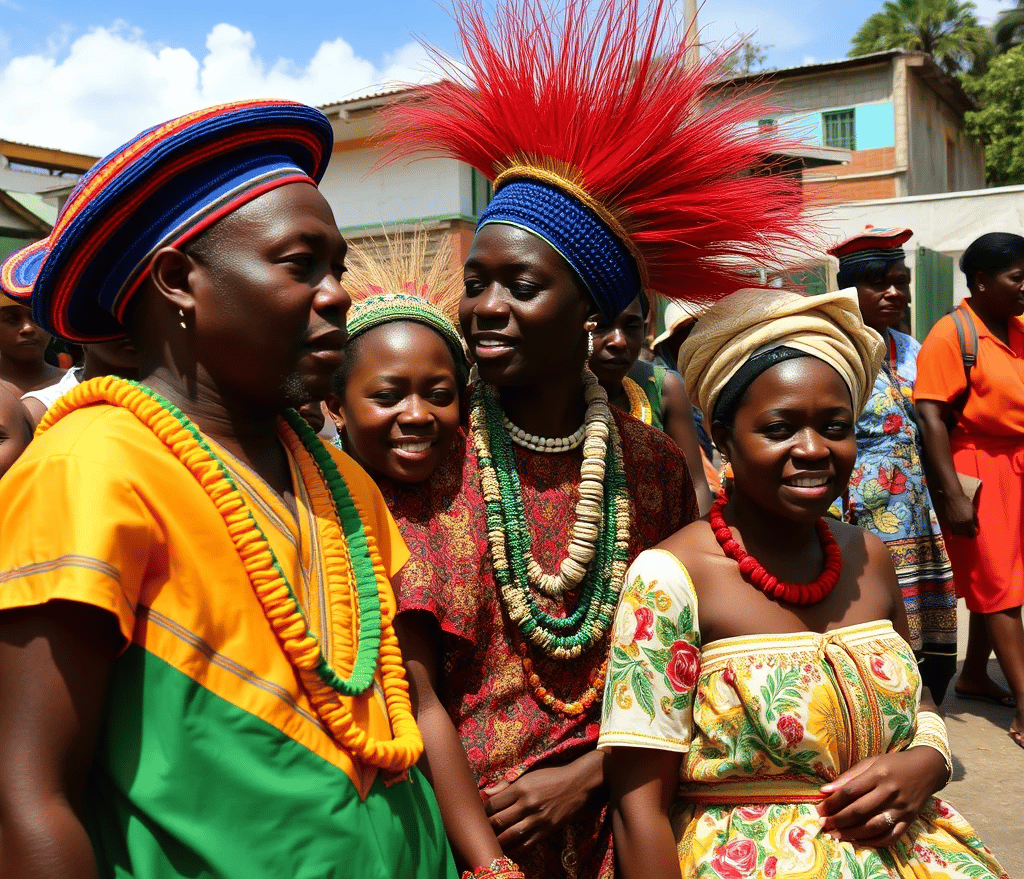

Haitian culture
Haitian culture is a vibrant blend of African, French, and indigenous influences, shaped by its history of slavery, revolution, and independence. It is rich in art, music (like Kompa and Rara), dance, and literature. Voodoo spirituality coexists with Christianity, reflecting its deep African roots. Haitian cuisine features flavors like rice, beans, plantains, and spicy sauces. The culture emphasizes family, community, and resilience, celebrating traditions like Carnival and honoring its revolutionary past.
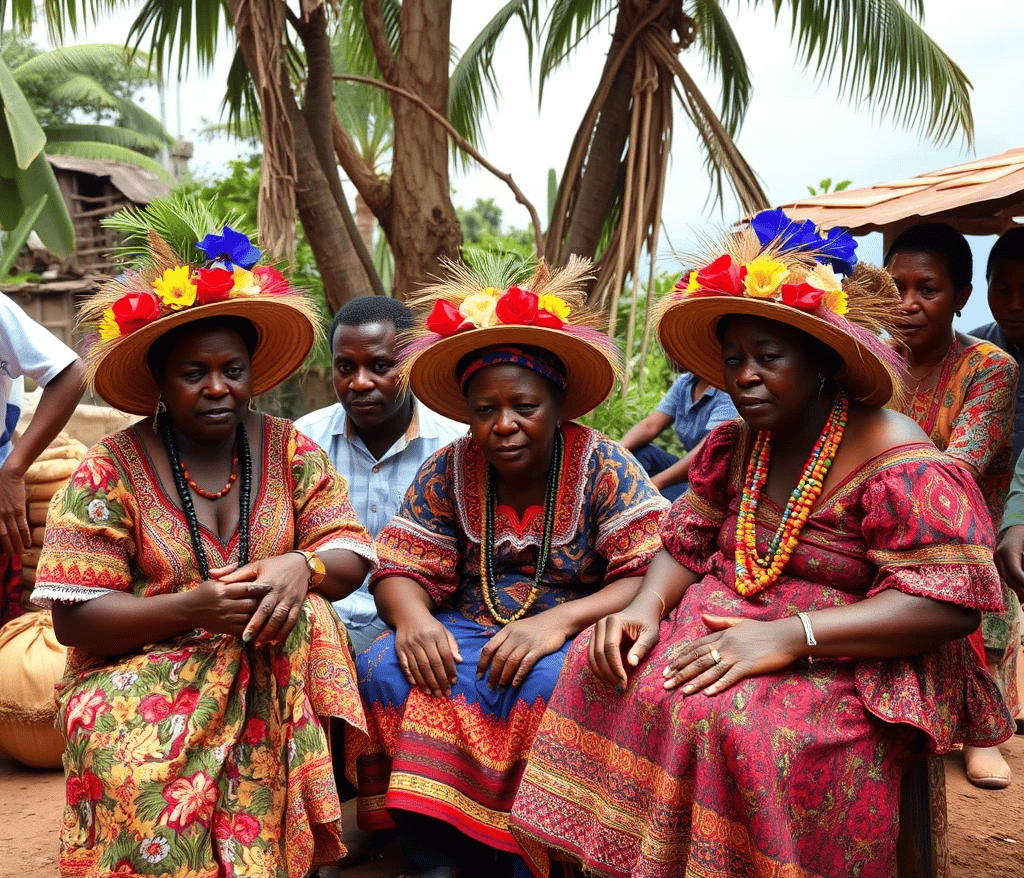

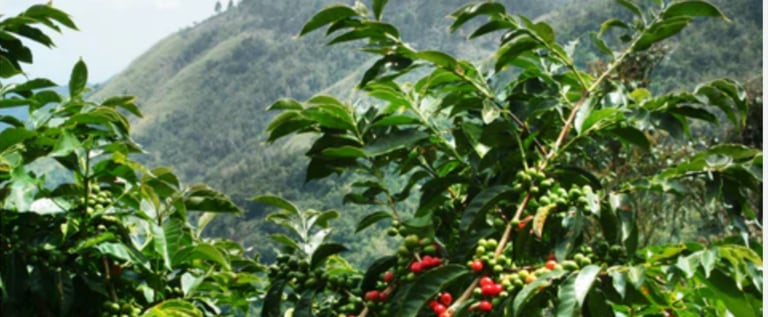

HAITIAN COFFEE
In the 1960s, Haitian coffee was a major export and key contributor to the nation's economy, renowned for its rich flavor and high quality. Haiti was one of the leading coffee producers in the Caribbean, and its coffee plantations, primarily located in the mountainous regions, flourished. Haitian coffee, cultivated using traditional methods, was highly sought after for its distinctive taste, with small-scale farmers playing a significant role in its production. However, despite its prominence, the sector faced challenges such as outdated farming techniques, political instability, and economic difficulties, which eventually led to a decline in production in the decades that followed.
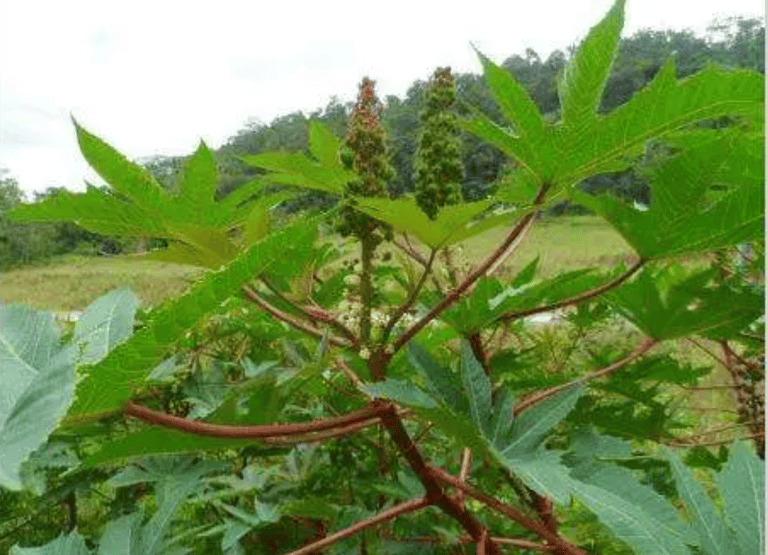

HAITIAN BLACK CASTOR
In the 1960s, castor oil, commonly known as Masketi Oil in Haiti, was a valuable agricultural product primarily used for medicinal purposes, hair care, and skincare. Extracted from the seeds of the castor plant, this oil was widely recognized for its healing properties, such as promoting hair growth, treating skin conditions, and serving as a natural remedy for digestive issues. In rural Haitian communities, Masketi Oil was a staple in traditional medicine and beauty regimens, produced using manual extraction techniques, preserving its natural purity and potency. Despite its benefits, production was limited to small-scale, local operations, lacking modern advancements in agriculture and commercialization.

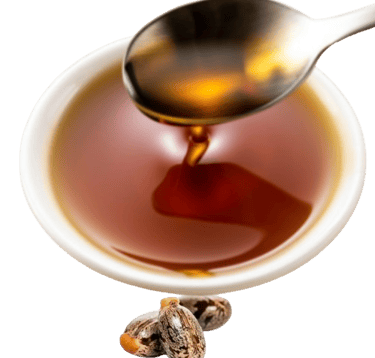
Haiti, a tropical country with a rich agricultural heritage, offers a wide variety of organic products. Its fertile soil and favorable climate support the growth of crops such as coffee, castor beans, avocados, and citrus fruits. Known for its natural farming practices, Haiti produces high-quality organic products that are free from synthetic chemicals and pesticides. The country's organic castor oil, coffee, and essential oils are highly sought after in both local and international markets. With a focus on sustainability, Haiti continues to be a key player in the global organic product industry.
